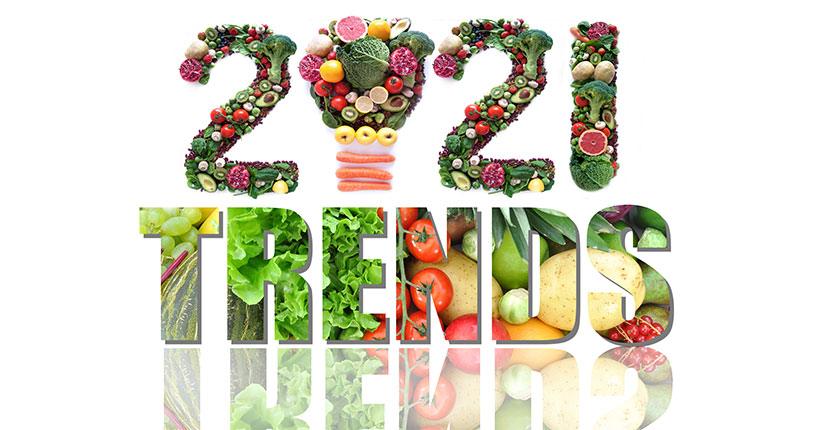4 Healthy Habits for a Changing World: Inspiring Action on World Population Day
By Nmami Agarwal 11-Jul 2023 Reading Time: 6 Mins

Introduction: World Population Day reminds us of the challenges and opportunities of our growing global population. As we navigate a changing world, we must adopt healthy habits that promote our well-being and contribute to our planet’s sustainability and resilience.
- Sustainable Consumption: Reduce overall consumption: One of the fundamental principles of sustainable consumption is to reduce our overall consumption. This means questioning our buying habits, avoiding unnecessary purchases, and focusing on the things that genuinely bring value to our lives. We can significantly reduce resource demand by adopting a minimalist mindset and prioritizing quality over quantity.
- Ethical and eco-friendly choices: When making purchases, consider the environmental and social impact of the products.
- Choose items that are ethically sourced, produced sustainably, and have minimal packaging. Look for certifications such as Fair Trade, organic, or eco-labels that indicate a product’s adherence to specific sustainability standards.
- Support brands prioritizing fair labor practices, biodiversity conservation, and environmental stewardship.
- Reuse and recycle: Instead of discarding items after a single use, seek opportunities for reuse. Invest in durable, reusable products like water bottles, shopping bags, and coffee cups.
- Repair and refurbish items whenever possible instead of buying new ones. Practice responsible recycling by correctly separating and disposing of recyclable materials according to local guidelines.
- Sharing economy and collaborative consumption: Embrace sharing resources through initiatives like car-sharing, tool libraries, or community gardens.
- Collaborative consumption encourages using and sharing resources more efficiently, reducing waste and the need for individual ownership.
- Support local and sustainable businesses that prioritize eco-friendly practices. By making conscious choices about your Consumption, you can minimize your environmental impact and promote a more sustainable future.
- Plant-Based Eating: Shift towards a plant-based diet or reduce your Consumption of animal products.
- Animal agriculture significantly contributes to greenhouse gas emissions, deforestation, and water pollution.
- By incorporating more fruits, vegetables, legumes, and whole grains into your diet, you can improve your health and reduce the environmental burden of meat production.
- Start by having meat-free days or replacing meat with plant-based alternatives.
- Explore new recipes and discover a variety of delicious and nutritious plant-based meals.
- Even small changes in your eating habits can make a meaningful difference in your health and the environment.
- Active Transportation: Choose operational modes of Transportation such as walking, cycling, or using public transportation whenever possible.
- Private vehicles contribute significantly to air pollution, traffic congestion, and carbon emissions.
- Reducing your reliance on cars can help improve air quality, reduce traffic, and decrease greenhouse gas emissions.
- Incorporate walking or cycling into your daily routine, especially for short distances. Use public transportation systems that are available in your area.
- If driving is necessary, consider carpooling or using ride-sharing services to reduce the number of vehicles on the road.
- Advocate for and support initiatives that improve infrastructure for pedestrians and cyclists in your community.
- Mindful Resource Management: Be aware of your resource consumption and take steps to conserve energy and water.
- Small changes in your daily habits can make a significant impact.
- Switch to energy-efficient appliances, turn off unused lights and electron , and adjust your thermostat to conserve energy.
- Reduce water wastage by fixing leaks, collecting rainwater for gardening, and using water-efficient fixtures.
- Conserve water while doing daily tasks such as brushing teeth or washing dishes.
- Adopting mindful resource management practices helps conserve vital resources, reduces your ecological footprint, and promotes a more sustainable planet.
Conclusion: Inspiring action on World Population Day is about individual habits, raising awareness, and advocating for policies and practices supporting sustainable development and equitable access to resources worldwide. By embracing sustainable Consumption, plant-based Eating, Active Transportation, and prudent resource management, we can create a healthier and more sustainable future for all.




















